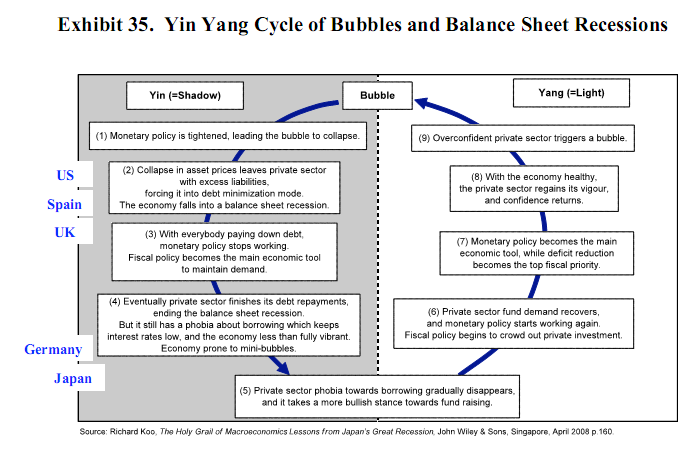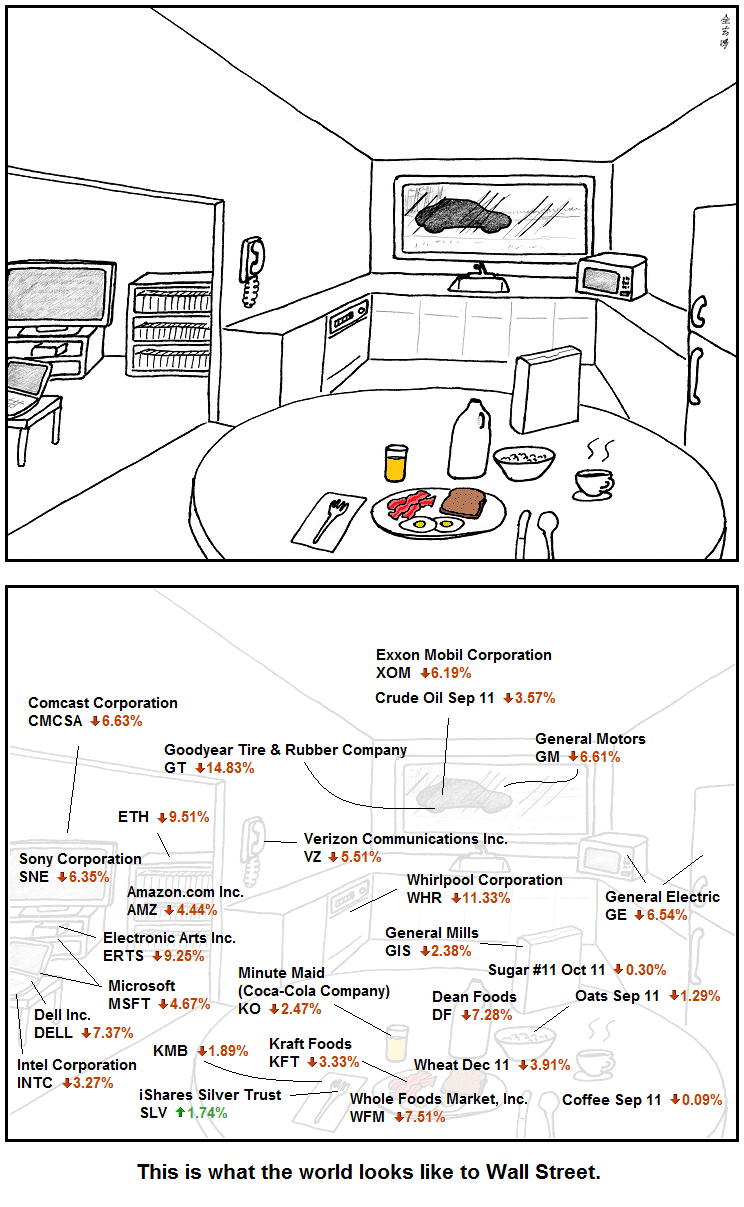Regulatory gotchas
The Reserve Bank of India (RBI) publishes a list of securities that are off-limits for NRIs and FPIs. This list can be found here.
As you can tell, the process is very unstructured and adhoc. The execution risk (the risk of buying a security that is off-limits) rests on the broker (StockViz). We have attempted to quantify that risk in terms of higher fees.
Operational friction
Typically, there are 3 parties to a transaction: the client, StockViz and Composite Investments. Composite provides margin, client executes trades through StockViz and the pay-in goes directly to Composite.
However, with NRIs, there is an additional party: the bank that manages the NRI’s PIS account. Here, Composite has to present the contract note to the bank, who will then transfer money from the client’s account to Composite. If there were any transactions that were deemed “off-limits” by the RBI, StockViz will only get to know about it at this stage. Also, with the additional cog in the wheel, there is an element of payment risk that we have attempted to quantify in terms of higher fees.
Account opening charges
All documents provided by the NRI/FPI needs to be notarized in India. These docs typically run into 20-30 pages. Plus, the account opening docs need to be couriered to the prospective client. We have quantified these charges in our upfront account opening fee of Rs. 5000/-

